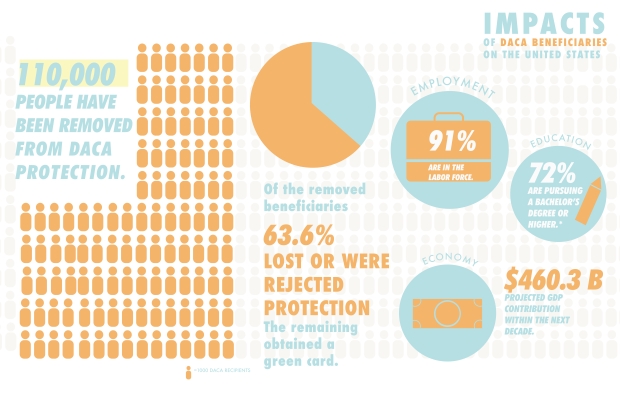A Guide to Popular Music: 9 Surefire Tips for a HOT Song from Melina Mae Castorillo on Vimeo.
I am an avid Spotify user. If you search my Spotify username (which I will keep anonymous for privacy reasons), you would discover that I have made upwards of eighty playlists. Whenever I have spare time or if I am walking to class, I can guarantee that 99% of that time, I will have earbuds in. I feel bothered when I do not hear a new song in the span of twelve or more hours. That being said, I have a deep appreciation for good music. When there is something “good”, naturally there is something “bad”. However, it is not all black and white. There are a lot of grey areas, problematic tunes. Popular music can be characterized by catchy choruses and good beats. Popular music is also laced with misogyny, stereotypes, tropes, and questionable activity.
We tend to recognize a lot of sexist tropes in rap music, but this viewpoint is both close-minded and alienating. Sexism and misogyny is also prevalent in pop, country, and (especially) rock. Misogyny is often paired by hypermasculinity and violence. Historically, popular music has pushed an agenda. If it is not a hypermasculine, traditionalist narrative, it is often an exclusionary nationalist narrative. We see this often in country music and pop.
Naturally, I recognize the power of music. There is a lot of music that counter anti-feminist narratives. A lot of music is used to advance progressive movements. Here I would like to point out dangerous tropes present in popular music that are often easily accepted when they should not be.
FOUND FOOTAGE:
Headband by B.O.B.
https://www.youtube.com/watch?v=k2rqUlYN1m8
A Man Needs A Maid by Neil Young
https://www.youtube.com/watch?v=JOuQywiRUJo
U.O.E.N.O by Rocko
https://www.youtube.com/watch?v=qEkcYsqu6MU
Famous by Kanye West
https://www.youtube.com/watch?v=p7FCgw_GlWc
All this Money by Injury Reserve
https://www.youtube.com/watch?v=jcZ1Te9-1go
P.I.M.P. by 50 Cent
https://www.youtube.com/watch?v=UDApZhXTpH8
KIM by Eminem
https://www.youtube.com/watch?v=z_6lgDFX6y0
Every Breath You Take by The Police
https://www.youtube.com/watch?v=OMOGaugKpzs
You and Me by Millow
https://www.youtube.com/watch?v=b7GhrUaNDAI
Where Were You When the World Stopped Turning by Alan Jackson
https://www.youtube.com/watch?v=gPHnadJ-0hE
Blurred Lines by Robin Thicke
 The Deferred Action of Childhood Arrivals system, most commonly known as DACA, was put into place by the Obama administration as deportation protection for undocumented immigrants who came to the United States as children. About 800,000 people were protected under DACA. Since the announcement of its repeal, 110,000 individuals were removed of DACA protection. DACA opponents argue that DACA recipients are somehow leeching off the United States or its law abiding citizens. Studies have shown that DACA has been beneficial for our economy, our society. Since the implementation of DACA and the conscious integration of DACA recipients into our society, simply dismissing and deporting these individuals will result in a large, negative impact. (Lopez et al.)
The Deferred Action of Childhood Arrivals system, most commonly known as DACA, was put into place by the Obama administration as deportation protection for undocumented immigrants who came to the United States as children. About 800,000 people were protected under DACA. Since the announcement of its repeal, 110,000 individuals were removed of DACA protection. DACA opponents argue that DACA recipients are somehow leeching off the United States or its law abiding citizens. Studies have shown that DACA has been beneficial for our economy, our society. Since the implementation of DACA and the conscious integration of DACA recipients into our society, simply dismissing and deporting these individuals will result in a large, negative impact. (Lopez et al.)
